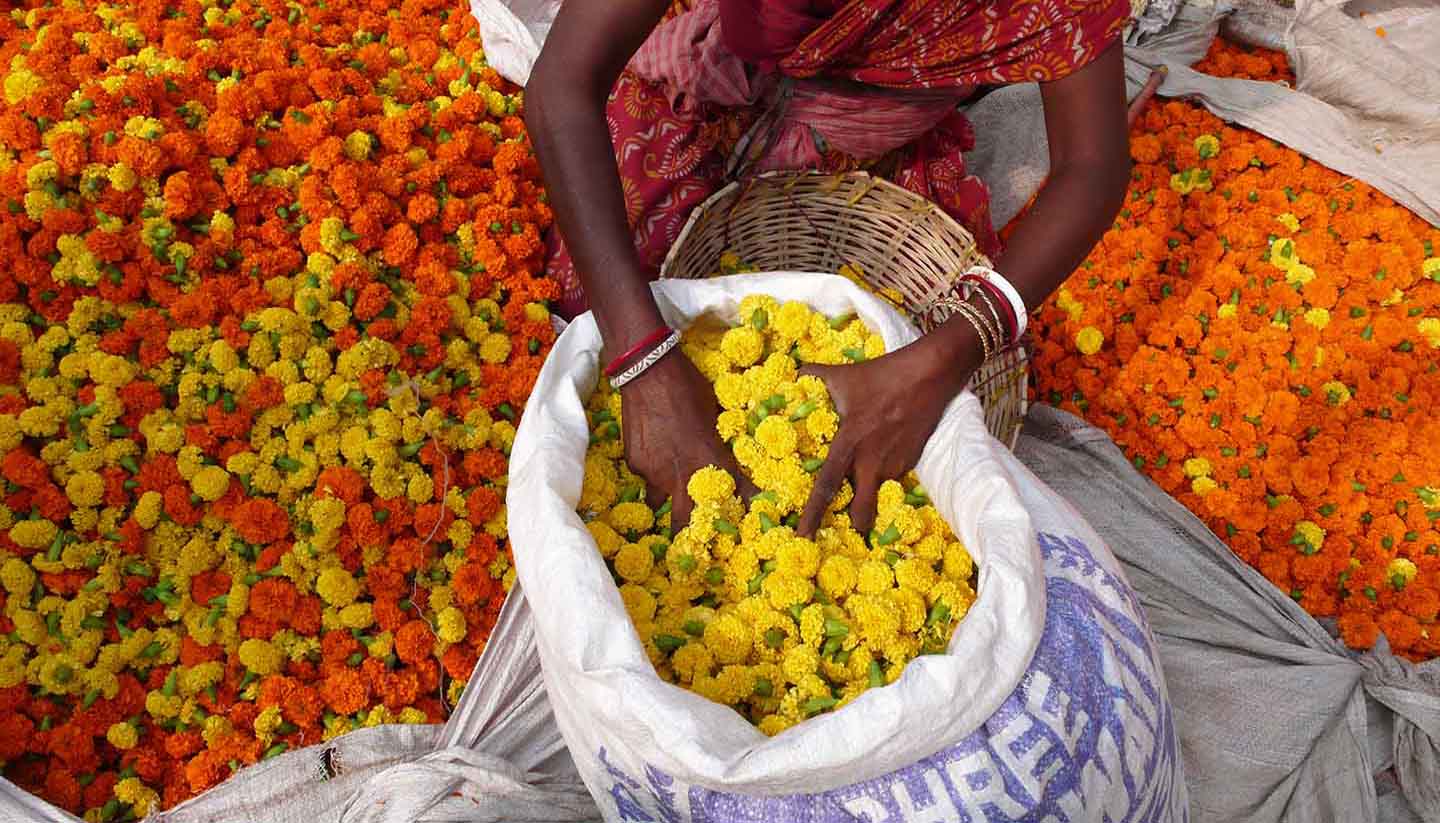Kolkata (Calcutta) History
Mushrooming from a cluster of villages into the thriving capital of British India and later a sprawling 21st-century mega city, life in Kolkata has rarely been quiet.
It is believed the city was founded over 300 years ago on the banks of the Hooghly River by Job Charnock, an administrator in the British East India Company.
With his base threatened by the Mughal viceroy in Bengal, he moved his operations here in 1690, eventually uniting the villages of Sutanti, Gobindapur and Kalikata to form the city of Calcutta.
This trading port emerged as a significant commercial centre of the British Raj.
In 1756, the Nawab of Bengal attacked and drove away the British. Some British civilians were captured, imprisoned and died in the suffocating ‘Black Hole of Calcutta’ dungeon.
The following year, Robert Clive defeated the Nawab at Plassey and re-established British rule. Calcutta became the capital of British India from 1772.
In 1858, the responsibility of ruling India fell to the Crown. During this period, the University of Calcutta was established, The GPO (General Post Office) was built and the first tram was launched.
At the turn of the century, Bengal became a hotbed for Indian nationalism. In 1905, Lord Curzon tried to partition Bengal on religious grounds but it failed.
Mahatma Ghandi launched the Quit India movement in 1942, leading in 1947 to India being granted independence, and the creation of Pakistan.
Calcutta became the capital of the state of West Bengal. Millions of Hindus from East Pakistan (now Bangladesh) flooded the city, crowding its slums.
In 2001, the city renamed itself Kolkata. One of the world’s most densely populated cities, Kolkata faces abject poverty, large slums, pollution and congestion.
But it also remains one of India’s most prominent cities, with a rich artistic, literary and scholarly tradition.
Did you know?
• Kolkata has been known as the ‘city of joy’, the ‘city of palaces’ and the ‘cultural capital of India’.
• Established in 1862, Calcutta Polo Club is the oldest polo club in the world.
• India’s first major newspaper, The Bengal Gazette, started in Kolkata in 1780.


